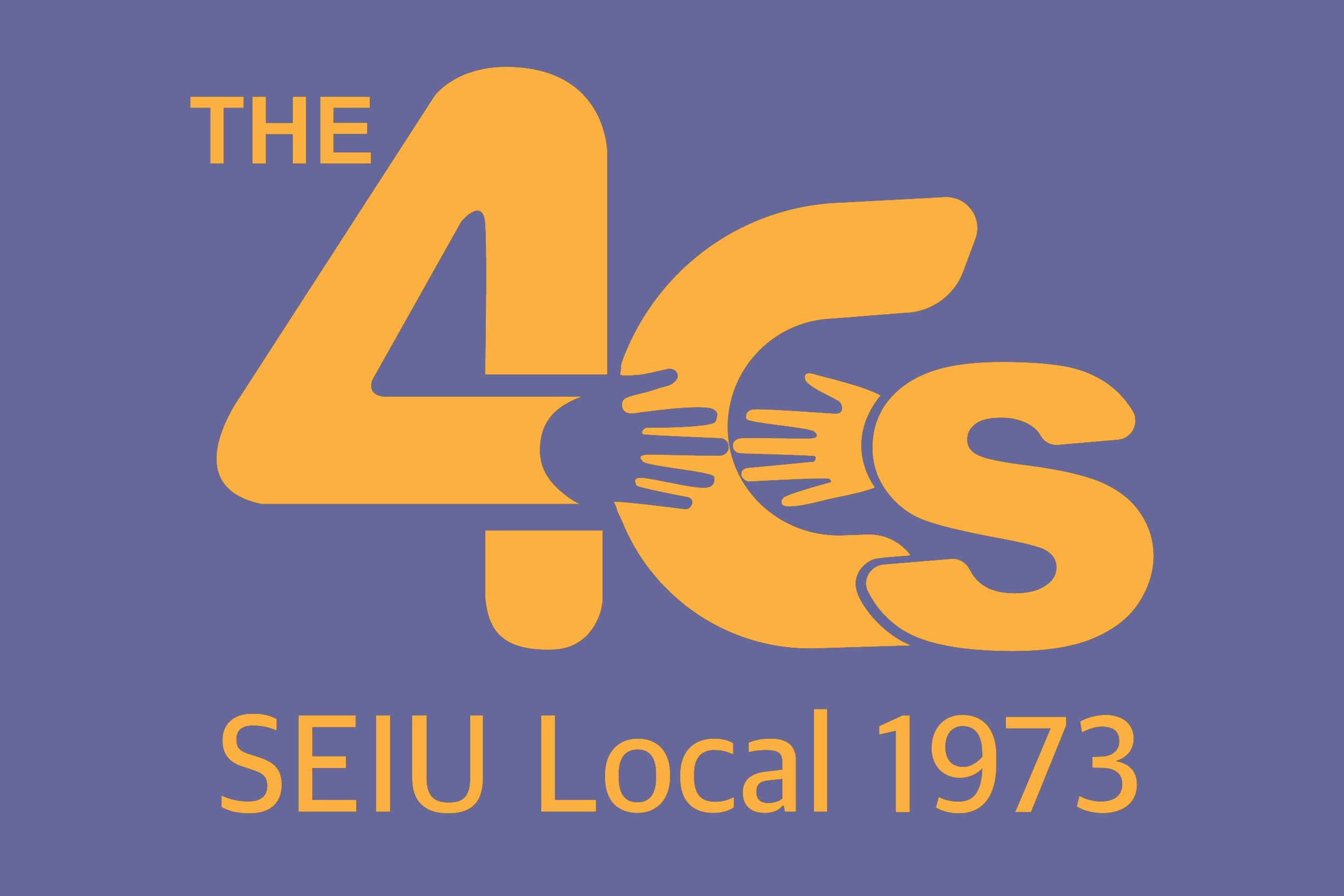The Threat
Within the next year, the Supreme Court is likely to hear and rule on the latest threat to workers: Janus v. AFSCME Council 31. This case has the potential to make Right to Work law in all 50 states.
This case would likely overturn Abood v. Detroit, where the Supreme Court affirmed that it was constitutional for public sector unions to collect fair share fees (agency fees in CT) from employees who choose not to join a union, but who the union is legally required to represent in negotiations with the employer.
As all public employees enjoy the benefits, job security, and other protections the union negotiates, it is only fair that all employees contribute to the cost of securing those benefits and protections. Without this security, the union's collective power can be seriously weakened as members can be divided when a "free rider" effect erodes the solidarity encouraged by a "fair share" approach.
Established in 1968 to destroy public and private sector unionism, this National Right to Work Legal Defense Foundation (NRTWLDF) has strong ties to the Koch network and other corporate special interests. The Janus case is their latest effort to use the judiciary to weaken the labor movement. In addition to Janus, there are six other ongoing cases brought by public sector workers with free legal assistance from the National Right to Work Legal Defense Foundation.
The Janus case is on track for the Supreme Court to decide whether to hear it at its first conference of the term beginning in the fall of 2017. If four justice agree, the Supreme Court could announce soon after its September 25, 2017 conference that it will hear the case.
Make no mistake that this is an attempt to starve unions of resources and power.
Together We Rise

To Build our 21st Century Union, SEIU has recently launched Together We Rise, an historic union-wide member outreach effort to recommit hundreds of thousands of SEIU members to stick together, to inspire leaders to organize and mobilize on an unprecedented scale, and to transform our union to a thriving, highly interconnected 21st century SEIU.
Some of the key elements of this effort is enhancing digital engagement, developing member organizers, and improving technology.
The 4Cs will be incorporating this SEIU initiative to fortify, mobilize, and transform our local!
